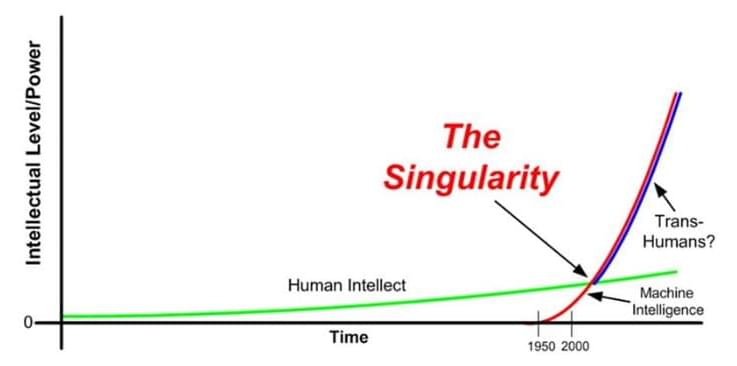Each time our cells divide, the protective caps that keep our chromosomes from fraying, called telomeres, lose a bit of their DNA. Telomeres shorten steadily as we age, but in certain medical conditions like dyskeratosis congenita, the process is accelerated.
“Your telomeres determine your lifeline; how long they are determines how old your body is,” says Becca Hudson, who was diagnosed with dyskeratosis congenita at age 14. “My telomere length was below the first percentile for my age.”
Trying out for cheerleading, 14-year-old Becca was pulled when testing found something amiss with her blood work. She had very low counts of platelets, red cells, and white cells. Her doctor called later that day and said she should be admitted that night to Boston Children’s Hospital.







